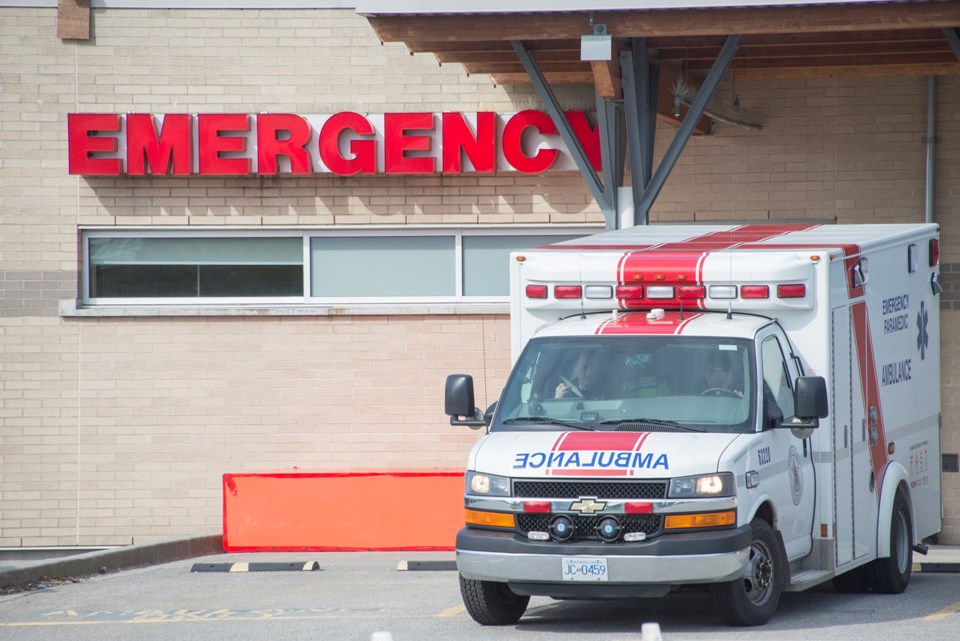The number of drug overdose deaths in Delta is down slightly this year.
That’s according to the latest quarterly report on illicit drug deaths Delta staff received from Fraser Health, which provided the number of deaths as well as overdose events responded to by the B.C. Ambulance Service and admitted to the Delta emergency room.
A memo to council notes that Fraser Health reported 21 deaths in 2018 in Delta from overdose, with approximately 267 overdose events attended by ambulance.
In 2019, so far, there has been a decrease of 19 per cent for ambulance events and four per cent for deaths.
The memo also notes that alongside these updates, the B.C. Coroners Service publishes reports on illicit drug toxicity deaths and fentanyl-detected drug deaths province-wide.
Key preliminary findings from a recent update note that in August 2019 there were 79 suspected illicit drug toxicity deaths, a 37 per cent decrease from the number of deaths in August 2018, but a 13 per cent increase from the number of deaths occurring in July of this year.
There were approximately 2.5 illicit drug toxicity deaths per day this August.
For the first eight months of 2019, there were 690 illicit drug toxicity deaths, a decrease of 33 per cent over the same eight-month period in 2018 when 1,037 were reported.
Fentanyl was detected in more than 85 per cent of illicit drug toxicity deaths in 2018 and 2019, while no deaths have been reported at supervised consumption sites or drug overdose prevention sites.
The B.C. Coroners' office has several suggestions to help Delta residents respond to overdoses, promote harm reduction and raise awareness about treatment options available.
They include always carrying a naloxone kit, even if you do not use drugs, calling 911 if you see an overdose, and, if using drugs, have them checked if you can and never use alone.
The coroner’s office also recommends using at a supervised consumption site or overdose prevention site if possible, and if you think you might have a substance-use disorder, talk to your health provider about available treatments.
This August, Delta police issued a public safety advisory after officers and paramedics attended four drug overdoses in North Delta during one morning.
Delta Real Talk held an evening of dialogue on the overdose crisis and naloxone training at Harris Barn in Ladner earlier this month, a panel discussion held in partnership with the Delta Community Action Table on Overdose Response and funded by Fraser Health.
According to statistics shown during that forum, 72 per cent of overdoses in B.C. are happening in private residences, and four out of five victims are men.
The overdose crisis has taken lawyers, doctors, teachers, moms, dads, siblings and is not just a problem amongst those who are down on their luck, homeless or who have fallen on hard times.



